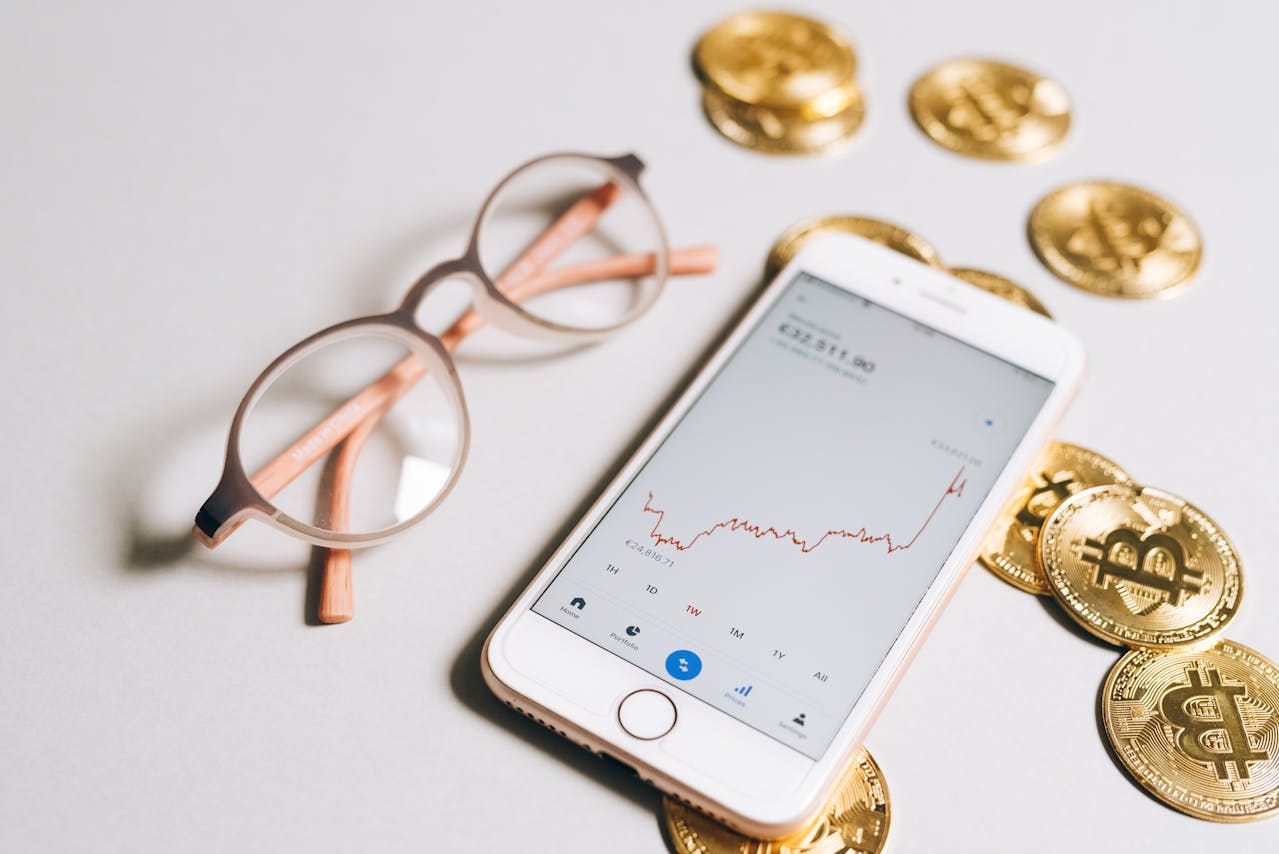Paper Wallets vs Digital Wallets: Which One Is Safer?
Cryptocurrencies are designed to be a safer alternative to FIAT, but that doesn’t mean that you don’t have to do anything.

We are all excited when we buy crypto especially if it starts moving upwards, and we quickly forget about the importance of keeping our assets safe. Cryptocurrencies are designed to be a safer alternative to FIAT, but that doesn’t mean that you don’t have to do anything.
In fact, we’ve seen thousands of crypto scams over the last couple of years, and in all of them, hackers exposed a vulnerability in people on the way they were keeping cryptocurrencies.
Additionally, we’ve learned that keeping your crypto on your crypto exchange is a big no-no after the FTX closure.
Therefore, you need to secure your crypto in time, just because if something happens, this is a decentralized network, which means that there isn’t anyone who is going to get your assets back.
You’ve definitely stumbled upon paper and digital wallets as the best options to keep your crypto safe. So, what are the differences, and which one is safer?
Let’s find out.
What’s a Paper Wallet?
This isn’t a big technological advancement. In fact, it is the simplest form to keep your crypto safe that goes back centuries. Basically, a paper wallet is a wallet where your private and public keys are printed on a physical piece of paper.
It’s like opening a bank account and writing your password on a sticky note. But why?
Well, some people want to keep their private and public keys offline, safe from any hacker. They are only physically accessible, which makes you immune to hackers.
So, you are safe, right?
Well, not quite. Yes, your keys may be offline, but you always have a risk of losing the paper or someone stealing it from your home. Plus, if you lose the paper, smudge the writing, or your dog eats it, your crypto is gone!
So, it might be a simpler and online hack-proof method for keeping your assets safe, but you still run a few risks, and they are quite big. So, if you are not an organized person, have trouble keeping documents, or are afraid that you are going to lose the keys, this isn’t the best option for you.
- Pros:
- Offline, reducing hacking risks.
- No reliance on third-party services.
- Cons:
- Physical damage risk (water, fire, etc.).
- Loss or theft means total loss of assets.
- Tedious creation process (secure devices, offline printers, etc.).
Digital Wallets Explained
On the flip side, digital wallets store your keys electronically, either on your computer, or phone, or on a specialized device like a hardware wallet. These wallets are convenient—you can access your funds anytime, anywhere. But with great convenience comes... you guessed it, vulnerability.
The biggest risk with digital wallets is that they are connected to the internet. This opens the door to cyberattacks, malware, and even phishing schemes. In 2022 alone, about $3.7 billion worth of cryptocurrency was stolen via online hacks.
That’s a staggering number, but don’t let it scare you—digital wallets have come a long way in terms of security.
With features like two-factor authentication (2FA), encryption, and biometric locks, modern digital wallets do offer strong layers of protection.
That’s why this method is selected as the best Bitcoin wallet for online gambling. Yes, they are online, but there are many security features preventing hackers from accessing your crypto.
But the question is: Are they hacker-proof? The short answer is, not entirely. However, they are constantly evolving with new security patches and updates to fend off malicious actors.
Pros of Digital Wallets:
- Convenience: Need to make a transaction fast? A digital wallet lets you send and receive crypto quickly.
- Security Features: Many digital wallets offer additional security features like two-factor authentication (2FA) or PIN protection
- Backup Options: Lost your phone? No worries! With recovery phrases, you can still regain access.
Cons of Digital Wallets:
- Hackable: Anything connected to the internet is at risk of hacking, no matter how many layers of security you use.
- Phishing Scams: Hackers love to trick people into giving up their private keys through phishing emails and fake websites
Which is Safer?
Paper Wallets for Security:
In terms of safety, paper wallets can be more secure because they are completely offline. Hackers can’t steal what they can’t access. However, this security comes with a significant trade-off in convenience.
If you're someone who rarely makes transactions and is only looking to hold onto your crypto long-term (known as “hodling” in crypto-speak), a paper wallet could be the best bet. However, one small mistake, like losing the paper or accidentally damaging it, and your funds are gone forever.
Digital Wallets for Convenience:
On the other hand, if you frequently engage in crypto trading or simply don’t want the headache of managing a piece of paper like it's a rare treasure map, a digital wallet is the way to go. While digital wallets offer advanced security features, they are still vulnerable to online threats.
One report showed that cybercrime increased by 600% during the COVID-19 pandemic, with crypto scams and wallet hacks being prime targets. However, hardware wallets (a form of digital wallet) provide an excellent middle ground by storing your keys offline while still allowing easier access than paper wallets.
But Why Not Both?
A lot of savvy crypto users opt for both. They’ll use a paper wallet to store a portion of their crypto (kind of like a savings account) and a digital wallet for day-to-day transactions. It’s like having a checking account and a savings account—the best of both worlds!






